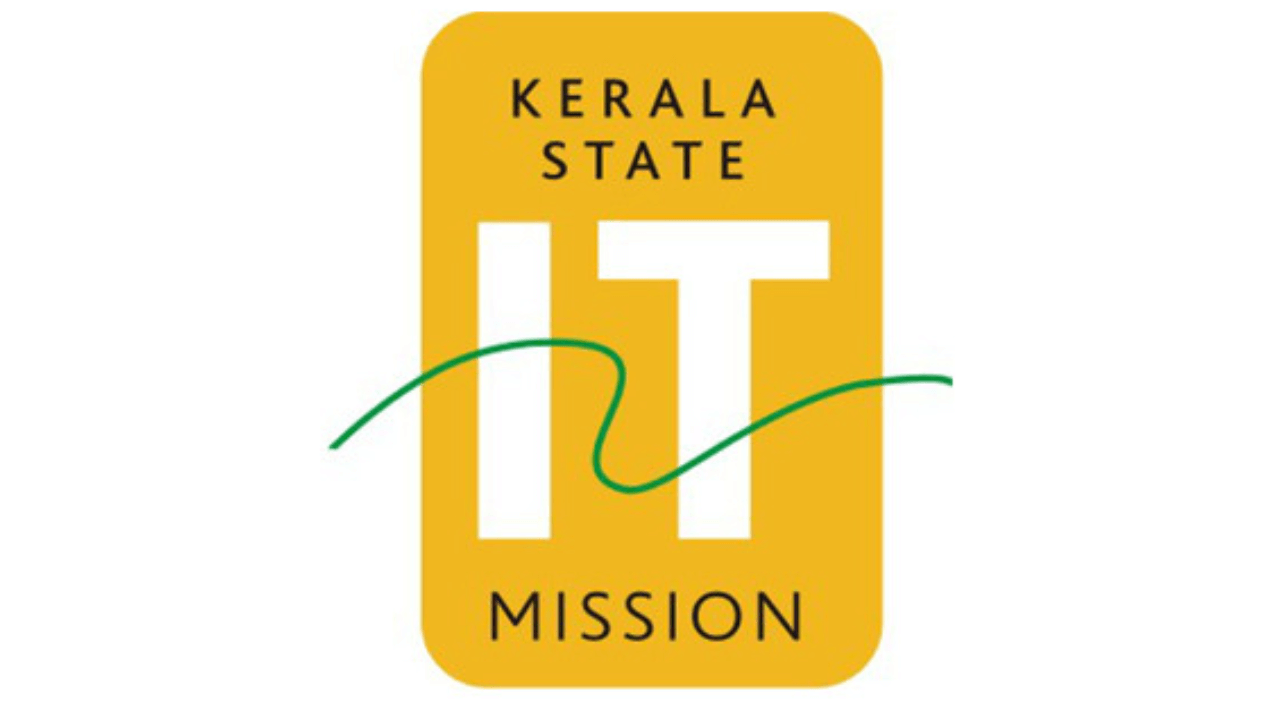Kerala Becomes India’s First Fully E-Governed State, Achieving Total E-Governance
Chief Minister Shri Pinarayi Vijayan made the historic Total e-Governance Kerala’s declaration at a function at Nishagandhi Auditorium in the state capital on the afternoon of 25th May, as God’s Own Country becomes India’s first total e-governed state, marking a major stride in its journey towards a knowledge-based society and economy besides achieving cent percent digital literacy.
Kerala by becoming India’s first “total e-governed state,” marked a significant achievement in its journey toward digital transformation. Known for its high literacy rate, Kerala has implemented several policies to create a digitally empowered society. Through a knowledge-based economy and emphasis on digital literacy, the state government has successfully digitized the delivery of essential services across multiple sectors. This digitalization drive aims to promote transparency, inclusivity, and accessibility, benefiting all citizens of Kerala.
Kerala’s Pursuit of Digital Empowerment
Following its remarkable achievement of high literacy rates, Kerala embarked on a new mission to become a fully e-literate society. Recognizing the immense potential of digital technologies in improving governance and public services, the state government initiated various programs to realize its vision of total e-governance. The goal of providing transparent and efficient services to every citizen has been a driving force behind these endeavors.
Digitalization of Essential Services
As part of a comprehensive e-governance framework, Kerala has successfully digitized the delivery of vital services. Important sectors such as healthcare, education, land administration, property documentation, public distribution system, and social security payments have been seamlessly integrated into the digital ecosystem. Through the elimination of paperwork and the utilization of technology, the government has streamlined processes, resulting in enhanced efficiency and accessibility of services.
E-Sevanam: Simplifying Government Services
At the core of Kerala’s e-governance infrastructure is E-Sevanam, a unified platform that provides a one-stop solution for accessing over 800 government services. Through this user-friendly online system, citizens can conveniently avail themselves of various services. With its seamless interface and advanced technology, E-Sevanam ensures a hassle-free experience, enabling quick and easy access to government services.
Inclusive and Accessible Approach
Kerala’s e-governance initiative prioritizes the inclusion of all members of society, including marginalized and underprivileged communities. By digitizing service delivery, the government has made essential services more accessible to citizens from diverse socioeconomic backgrounds. This commitment to inclusivity aligns with Kerala’s longstanding tradition of promoting social welfare and equitable development.
Empowering Government Offices with Digital Platforms
To support the implementation of e-governance at all levels, the State IT Mission has developed digital platforms and applications. One notable example is the e-Office File Flow system, which facilitates seamless digital workflows even at the village office level. By integrating technology, these initiatives ensure efficient administration and enhance the overall governance process.
Kerala’s Digital Milestones
In addition to its comprehensive e-governance framework, Kerala has achieved significant milestones through various projects and initiatives. These include eDistrict, K-Swift, EHealth, ePDS, eCourt management, ERSS, Pol App, Cyber DOM, KITE, HSCAP, and Digital Survey Mission. These projects have greatly enhanced the accessibility of services for people from all walks of life.
The Kerala IT Mission, the agency responsible for implementing digitization initiatives, has made it a priority to ensure easy access to services for all sections of society. This approach aims to bridge the digital divide and provide affordable digital infrastructure to transform Kerala into a digital society, fostering sustainable economic growth.
Recognizing the pivotal role of information technology in social development and economic progress, the state government has placed significant emphasis on IT in its policy initiatives. Notably, the introduction of the Kerala Fibre Optic Network (KFON) has been a significant step forward, positioning Kerala as the first Indian state to declare access to the Internet as a citizen’s right.
The state’s rapid progress in the digital domain is further validated by its top ranking in the National e-Service Delivery Assessment conducted by the Government of India. Kerala’s commitment to leveraging technology for the betterment of its citizens is evident through its remarkable achievements in the digital landscape.
- 3 August Current Affairs 2023 in English
- MoU Between Subroto Mukerjee Sports and Education Society and All India Football Federation (AIFF) to Promote Football at Grassroot Level
- Dr. Mansukh Mandaviya Delivers Keynote Address at the 13th Indian Organ Donation Day ceremony
- Education Ministry Forms Expert Panel on Anti-Discrimination in Higher Education
- Concerns Arise Over Cheetah Deaths at Kuno National Park
